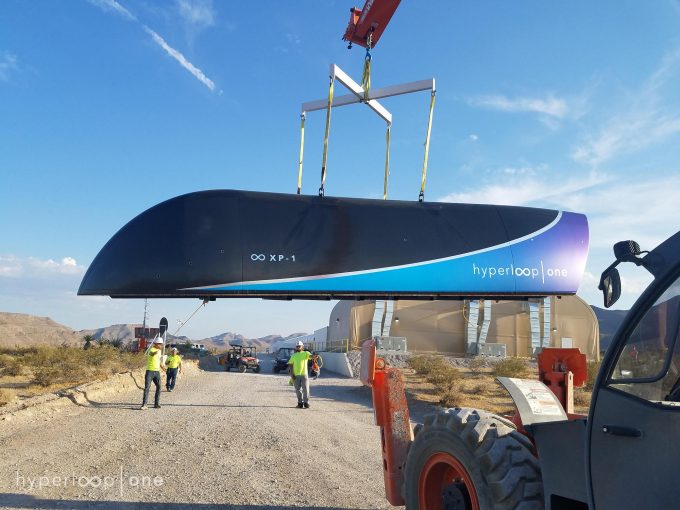CMA CGM and PSA in hi-tech tie-up to support start-ups targeting digital solutions
CMA CGM continues to push digitisation in container shipping via an agreement this week with global port operator ...

At the end of last month, Hyperloop One completed the longest, and fastest test run of the technology to date. But while the team at one of the two leading hyperloop companies celebrates its success, others have begun to question the reality of using hyperloop systems outside of a test track. Cited in The Guardian, one engineer said the cost of the overall system was roughly 10 times larger than initially projected by Elon Musk. Bent Flyvbjerg, transport economist at ...
Volcanic disruption at Anchorage could hit transpacific airfreight operations
Shippers snap up airfreight capacity to US ahead of tariff deadline
Forwarders stay cool as US 'liberation day' tariffs threaten 'global trade war'
New price hikes may slow ocean spot rate slide – but for how long?
Tighter EU import requirements proving 'a challenge' for forwarders
Supply chain delays expected after earthquake hits Myanmar
Looming Trump tariffs will create 'a bureaucratic monster' for Customs

Comment on this article